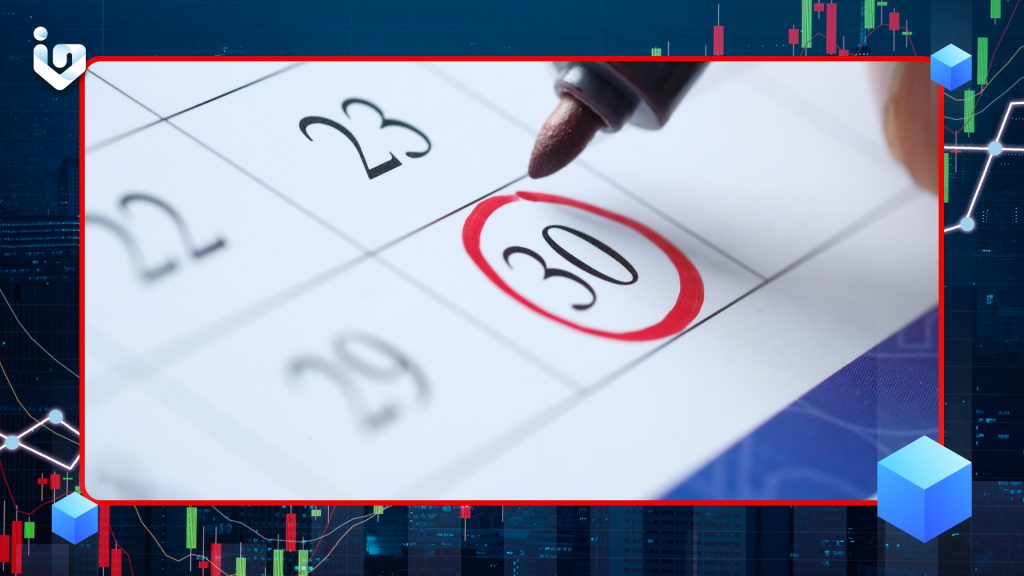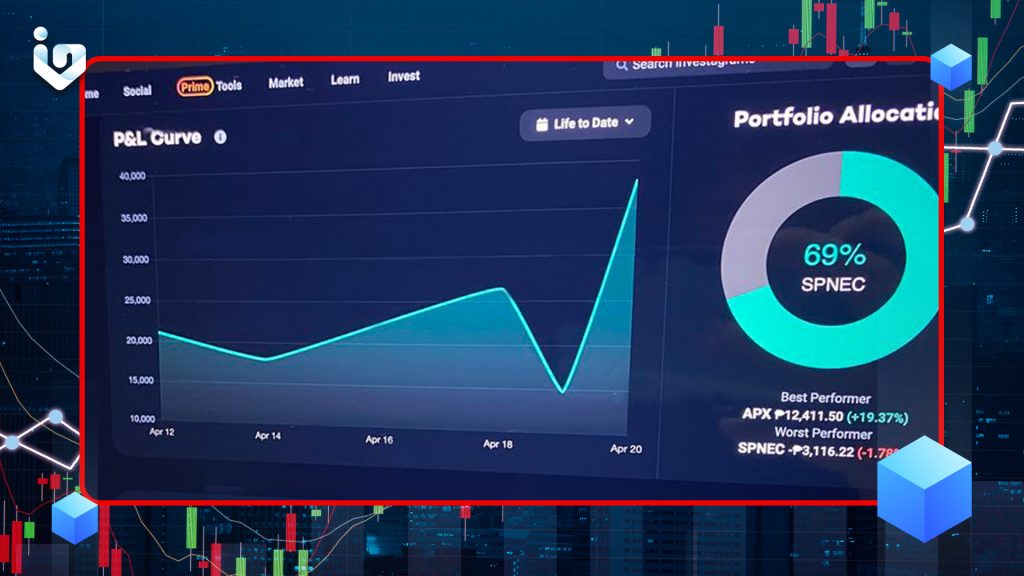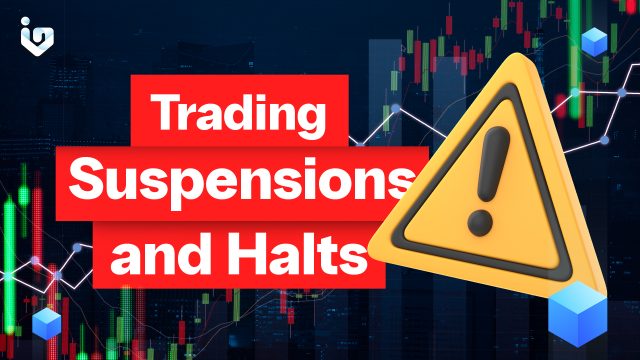“Nagkaroon ng trading suspension yung $SPNEC… pero teka, ano nga ba ang mga trading suspensions? Ano nga ba yung difference between suspensions and halts?”
These scenarios may not happen all the time, but they are definitely something you should at least be familiar with. Let’s dive into suspensions, halts, and their impact on the markets!
Trading Halts
A trading halt is a temporary suspension of trading in a security. It can be imposed by the PSE, or the issuer (company) itself. Trading halts are typically put in place to prevent market volatility or to allow for the dissemination of important information.
There are several reasons why a trading halt may be imposed. Some of the most common reasons include:
- News event: A trading halt may be imposed in anticipation of a major news event. This could include mergers and acquisitions. The halt is done to prevent the market from reacting too quickly to the news and to give investors time to digest the information.
- Order imbalance: A trading halt may be imposed if there is a large imbalance between buy and sell orders. This can create a situation where the price of the security is being driven up or down artificially, and a halt is put in place to prevent further volatility.
- Regulatory investigation: A trading halt can also be imposed if a regulator is investigating a security or a company. This prevents any insider trading or other market manipulation while the investigation is ongoing.
Trading Suspensions
A trading suspension is a more severe measure than a trading halt. It is a permanent suspension of trading in a security imposed by regulators. Trading suspensions are typically imposed for one of the following reasons:
- Fraud: A trading suspension may be imposed if a company has been found to have committed fraud. The suspension protects investors from further losses.
- Bankruptcy: A trading suspension may be imposed if a company has filed for bankruptcy. The suspension prevents investors from trading in the company’s stock while the bankruptcy proceedings are ongoing.
- Regulatory action: A trading suspension may also be imposed by a regulator if a company is not complying with rules. This is to ensure that the company is operating in a fair and orderly manner.
When are Trading Suspensions and Halts Lifted?

Halts last within the day, as the reason is often to protect investors from increased volatility. On the other hand, trading suspensions can last for a long time. Since suspensions are caused by graver reasons, usually the company would need to comply with whatever the SEC needs in order for the suspension to be lifted.
In the case of $SPNEC, shares of the company fell below the minimum market float level required. For the suspension to get lifted, public float needs to get back up to at least 20%.
The Impact on Investors

Halts are typically less impactful given that the duration only lasts a day. While it could be perceived as a missed opportunity, it can also be said that the event only gives traders a smaller amount of risk.
On the other hand, trading suspensions can have a significant impact on investors. Investors will not be able to trade the affected security for the duration of the suspension. This can cause a lot of opportunity costs, along with increased risks.
Lifting of the Static Threshold
Here’s a bonus piece of information: a stock that resumes operations after a suspension that lasts a year will have no floor or ceiling. According to the PSE, the floor and ceiling of a stock won’t be in place until the next day of trading.
While this can lead to large gains as seen in $GREEN, it often isn’t worth being a holder of a suspended stock. Uncertainty = risk, and a stock suspension gives a lot of uncertainty to investors. Although, it is worth knowing this if you’re a market timer who’s willing to trade these kinds of plays.
Keep in Mind
Even as a trader, it’s always important to know if something wrong is happening to the business of a stock. Beng subject to trading suspensions, and sometimes halts as well, can lead to a lot of risk for your portfolio.

